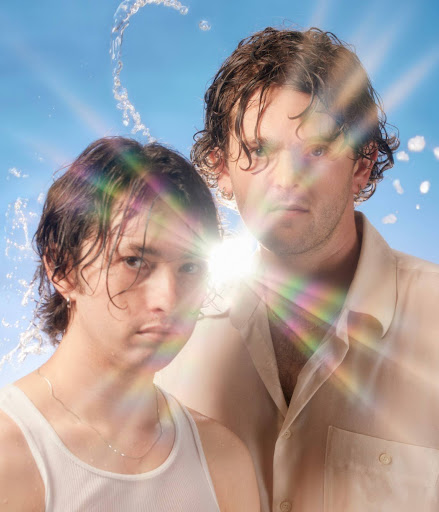Historically, the film industry has been dominated by white men. Over the past three years, studios across the country and across the world have become a little more diverse in response to backlash for rarely backing projects from non-white filmmakers. The annual Hollywood Diversity Report for 2020 noted that people of color had “posted gains to their white counterparts” since the previous year.
There has been a great deal of activism and awareness, especially from the younger generation, regarding issues of inclusion and diversity. According to the Annenberg Inclusion Initiative at USC Annenberg School for Communication and Journalism, the increase in use of Black characters is linked to the rising number of Black directors. Since 2017, it has increased from just 6 directors, to a total of 15 from the 100 top movies of 2018. This made 2018 a historic year for Black filmmakers, as the hiring of Black directors was at a record high. Still, there is much to be done in order for the idea of inclusion to be embraced completely.
In honor of Black History Month, it’s important to honor the Black directors who have been making strides in the film industry.
Ava DuVernay directed Disney’s “A Wrinkle in Time” in 2018, becoming the first Black woman to direct a film with a $100 million budget. The film had a very diverse cast, starring Oprah Winfrey, Reese Witherspoon, Mindy Kaling and Storm Reid, and was “DuVernay’s love letter to black girls everywhere,” NBCBLK reported in 2018. DuVernay also recently directed Netflix’s “When They See Us,” telling the story of the Central Park Five (now referred to as the Exonerated Five), which shed light on the injustices boys and men of color face in the system every day. This is especially astounding because of the 1,300 content creators behind 2007 to 2019’s top-grossing films, only 4.8% of them are female directors.
While preparing for his film “Star Wars: The Rise of Skywalker,” Director J.J Abrams sought out advice from DuVernay to hire a second unit director. DuVernay recommended fellow Black female director Victoria Mahoney, who successfully landed the job. In 2019, as second unit director Mahoney became the first woman to direct a “Star Wars” film. In an interview with Variety, Mahoney says, “It’s a living legacy and I hope that I’m alive long enough to see this as the new norm in any capacity. I will go past ‘Star Wars’ and because, you know, this is an industry-wide challenge — this is not a one film, one franchise.” This was such a hopeful and forward-looking response to an issue that doesn’t just end with a couple of industry successful Black individuals.
Dee Rees’s “Mudbound,” Ryan Coogler’s “Black Panther,” Spike Lee’s “BlacKkKlansman” and Steven Caple Jr.’s “Creed II” were not only profitable, but critical breakthrough successes in the industry. There was an undeniable universal feeling of pride that imbued Black communities when “Black Panther” was released. So many Black creatives were inspired and reminded that what they have to offer is valid and no less than their white counterparts.
List of Movies by Black Directors you should add to your list:
1. “Atlantics,” Director – Mati Diop, stream on Netflix
2. “Little Woods,” Director – Nia DaCosta, stream on Hulu
3. “If Beale Street Could Talk,” Director – Barry Jenkins, stream on Hulu
4. “Moonlight,” Director – Barry Jenkins, stream on Netflix
5. “Mudbound,” Director – Dee Rees, stream on Netflix
6. “Da 5 Bloods,” Director – Spike Lee, stream on Netflix
7. “Sorry to Bother You,” Director – Boots Riley, stream on Hulu
8. “Luce,” Director – Julius Onah, stream on Hulu
9. “Fences,” Director – Denzel Washington, rent/buy on Amazon Prime







